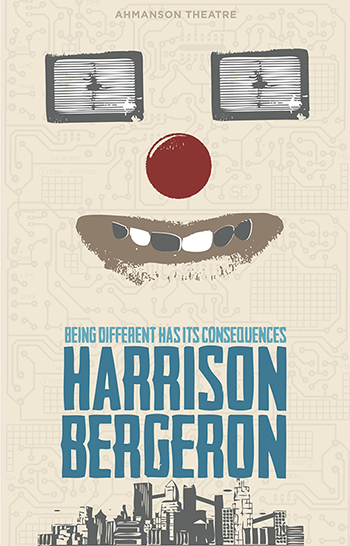What crucial purpose? Civics? Introspection? Let's parse that, shall we? First - "elite American universities." By definition, this means "a minority of American universities." For shits'n'giggles, a Google search of "elite university cost of tuition" gets me a hit of $70k a year. That's $10k more per year than the median income of an American family. The author makes no bones about this his original article was about fuckin' Yale'n'shit. Second, "build a soul" (per Keats, FFS). The argument here is (1) kids who go to Yale'n'shit have no soul. Here's Keats, by the way: That's the Vale of Soul-Making letter as excerpted in the Paris Review. Keats, in other words, was a firm believer in the school of hard knocks, not the school of fuckin' Yale'n'shit. So really - Deresowicz's argument is that $70k/yr schools are no longer punishing the shit out of their students so they should go elsewhere. 70 grand is 5 Subway restaurants. Per year. There's a fundamental value proposition here that Deresowicz is willfully, arrogantly ignoring:I think the crucial argument here is that our educational system isn't serving an important purpose that it could (should) be serving, because it's being held back by market pressures.
I published a book last year that said that, by and large, elite American universities no longer provide their students with a real education, one that addresses them as complete human beings rather than as future specialists — that enables them, as I put it, to build a self or (following Keats) to become a soul.
I will call the world a School instituted for the purpose of teaching little children to read—I will call the human heart the horn Book used in that School—and I will call the Child able to read, the Soul made from that school and its hornbook. Do you not see how necessary a World of Pains and troubles is to school an Intelligence and make it a soul? A Place where the heart must feel and suffer in a thousand diverse ways!
A Princeton student literally made this argument to me: If the market is incentivizing me to go to Wall Street, he said, then who am I to argue?
That means resurrecting one of the great achievements of postwar American society: high-quality, low- or no-cost mass public higher education. An end to the artificial scarcity of educational resources. An end to the idea that students must compete for the privilege of going to a decent college, and that they then must pay for it.
